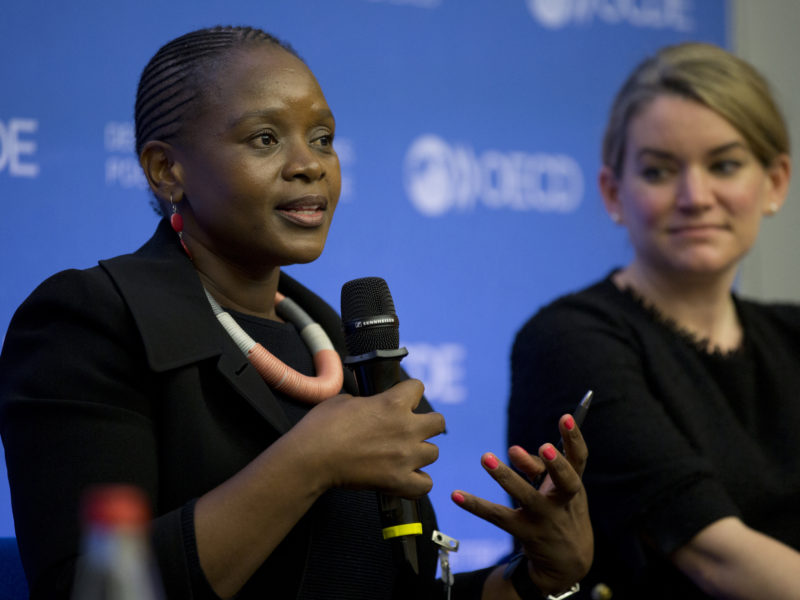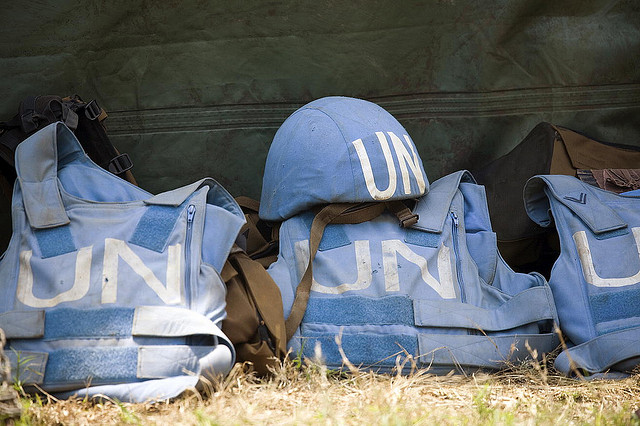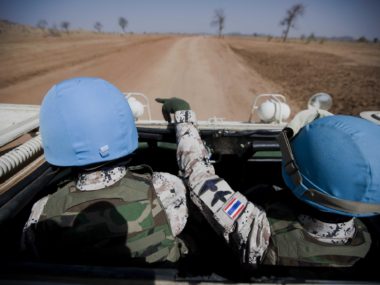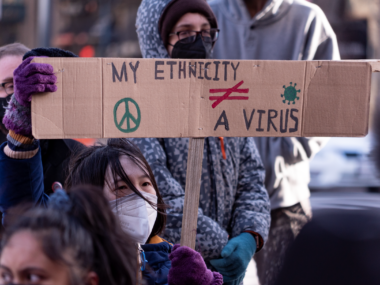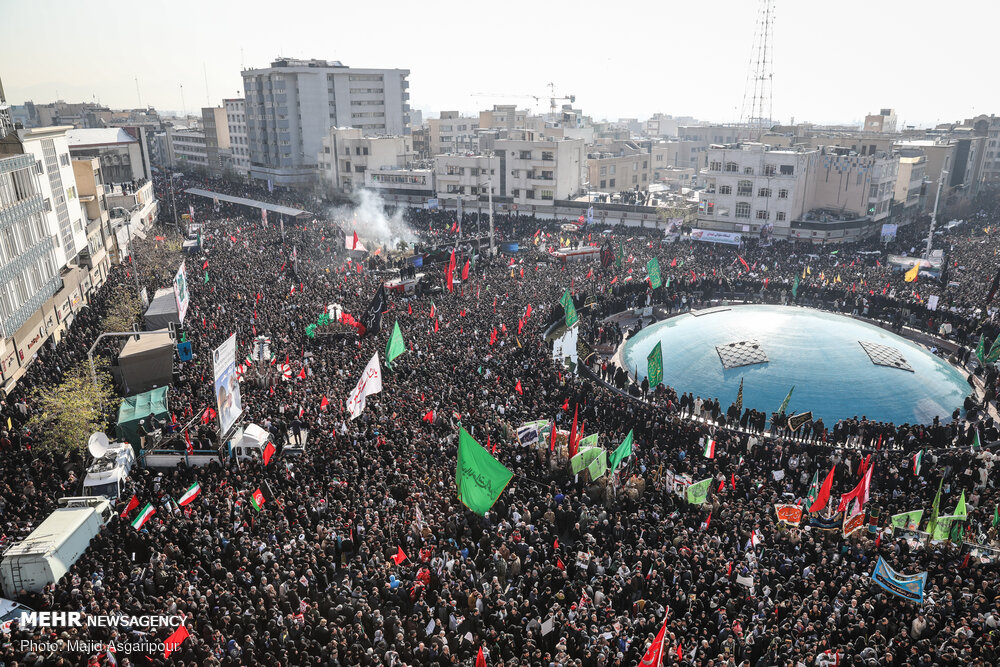Guest post by Rose McDermott
Recent commentary has noted that countries run by women have done a markedly better job at containing the COVID-19 pandemic than countries run by men. Previous commentary has also suggested that the public tends to think that female leaders do a better job on issues related to health and education. But the COVID-19 pandemic is not simply a health issue; it also presents major challenges in international relations, which begs the question: how does gender influence international relations?
Gender affects international relations in many ways. It is at the root of many types and forms of conflict, from domestic violence to war. War is usually thought of as being something that is supported primarily by men even if the negative effects disproportionately fall on women. However, a great deal of conflict begins in and around battles over status between men, and between men and women. This is true in both domestic and international realms. Conflict, like much else, begins in the home. Children watch their parents disagree and observe how fights take place. Do parents have reasoned arguments that end in negotiated compromises? Or does their father beat their mother into submission? Children learn from watching, and take lessons about how to resolve conflict—and the role of domination and coercion in relationships—into the larger world, and use these models as the basis for how they feel they, and their nations, should behave.
How might this play out both domestically and internationally? There is intriguing evidence that female sexualization is driven by income inequality. In a study that examined the extent to which women posted self-described “sexy” selfies online that was geo-located to particular zip codes, Khandis Blake and colleagues found that such selfies were much more prominent in areas with high income inequality, but were not related to gender inequality. This was replicated in 113 countries, and the effect was particularly strong in more developed countries. In the United States, places with high income inequality were also associated with women spending significantly more money on beauty supplies and in beauty salons. In separate but related work, they show that these effects are driven by status insecurity on the part of women. In other words, women’s display of their sexual attractiveness or appeal is driven, at least in part, by insecurity over their status in the social hierarchy.
Of course, women are not the only ones concerned with status. Men are also concerned with their status, not least because of its ability to attract women. But this is where the domestic and the international begin to interact in ways that can produce conflict. Gender plays a key role in international conflict, in all sorts of ways. To begin, in many parts of the world, distortions in family law and perversions in the marriage market lead to conflict among men over control of women and their reproductive capacity. When father-son relationships are privileged, both legally and socially, over the bonds between husbands and wives, societies become much more prone to clan-based governance styles, which are notable for their violence and corruption. These kinds of structures also produce distortions in the marriage market, especially in places where brideprice is high. In many parts of the world, the prospective husband’s family has to give money, livestock, land, jewelry, or some other kind of tangible resource to the bride’s family. In most of these cultures, these resources are controlled by older men. This allows them both to control junior men who need such resources to marry, and also to generate wealth by selling their daughters and other female relatives into marriage. This becomes a particularly powerful force in cultures where men are not allowed to enter into adult male society, and the decision-making power such status confers until they have a son of their own. Perversions in marriage markets can take other forms as well, especially in areas where polygyny is prevalent and rich men can have a large number of wives, leaving many poorer men with no families, or possibility for forming them. This is a recipe for conflict and violence, as such men seek alternative ways to gain the resources necessary for brideprice or for attracting women on their own.
Rape and other forms of sexual coercion are common in wars and cause an enormous amount of suffering. The common consequence of rape—children—can also be used to perpetuate the social ostracism of women from their communities, serving to further fracture societies already riven by war and conflict, as has been the case in Serbia, and among the Rohingya as well as ISIS wives kidnapped from their Yazidi origins.
The effect of gender does not cease with the end of combat. On the contrary, incorporating women into peace-keeping efforts make them more likely to be successful and stable over time. Often, women are able to breakthrough in negotiations long deadlocked by all-male groups, as happened with the peace negotiations in Ireland.
This brings us back full circle to the role of family socialization in the modeling of conflict resolution. Where men achieve dominance over the women in their lives through coercion, whether physical, economic, or psychological, such hierarchies become replicated by their children and are often understood to be “natural,” or at least normal. When such hierarchies privilege men’s rights and interests over those of women, through family law, reproductive restrictions, or other methods, wider conflict results as men fight each other to reach the top of the hierarchy and gain access to wealth, status and women. The irony is that greater economic and social equality among men and between men and women actually reduces the structural incentives for conflict, leading to a more peaceful world for everyone, including men.
The pathway to equality follows an unusual course. It begins with maternal nutrition: making sure mothers have the physical and psychological support that reduces the likelihood that genes predisposing their children to aggression become expressed as a result of her stress or deprivation. It goes on to include support for parents, both logistical as well as material. It includes basic education, starting very young, in communication and parenting skills. Such skills and programs, while seemingly far afield from international relations, can do as much, if not more, for reducing the likelihood of war than all the international negotiations among men around territory that have distracted and consumed countries for centuries.
Rose McDermott is the David and Marianna Fisher University Professor of International Relations at the Watson Institute on International & Public Affairs at Brown University.

